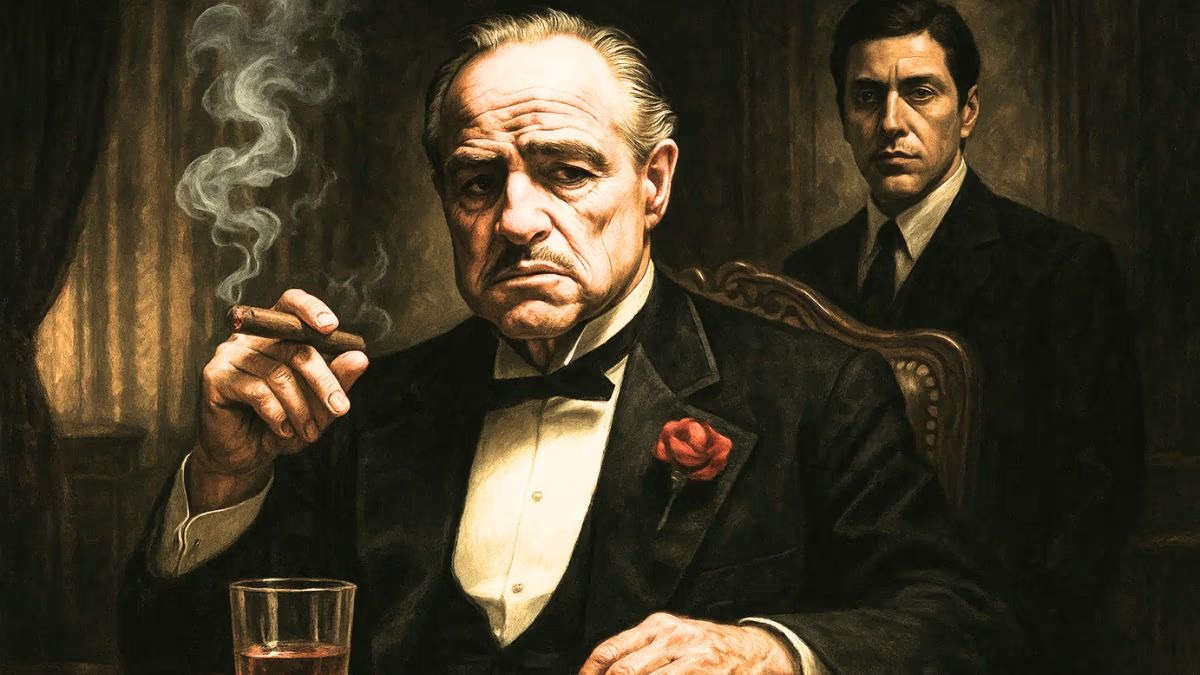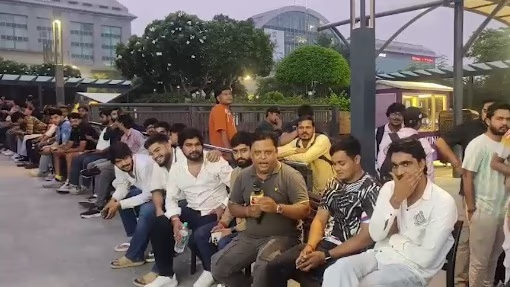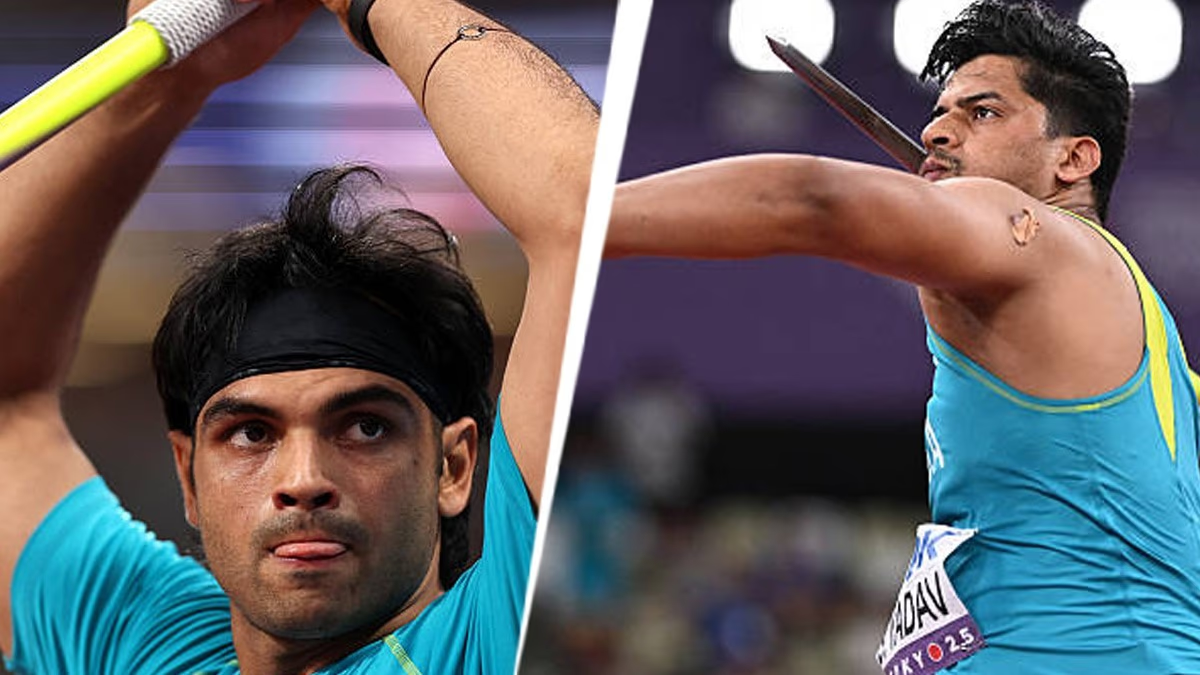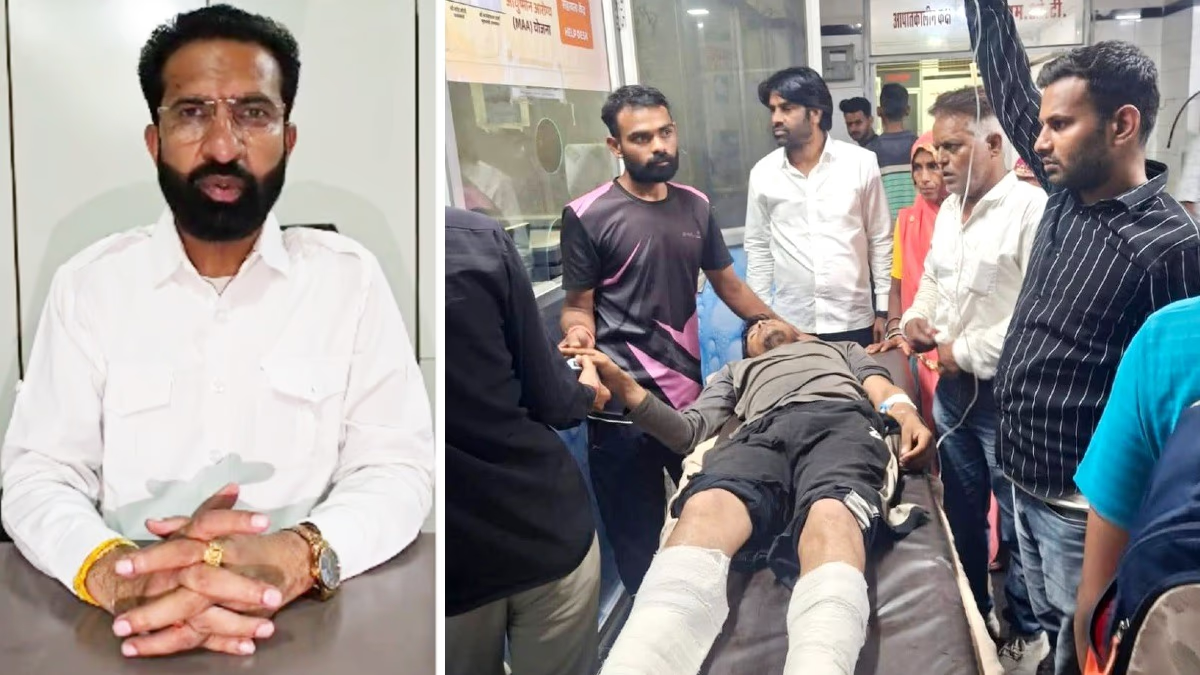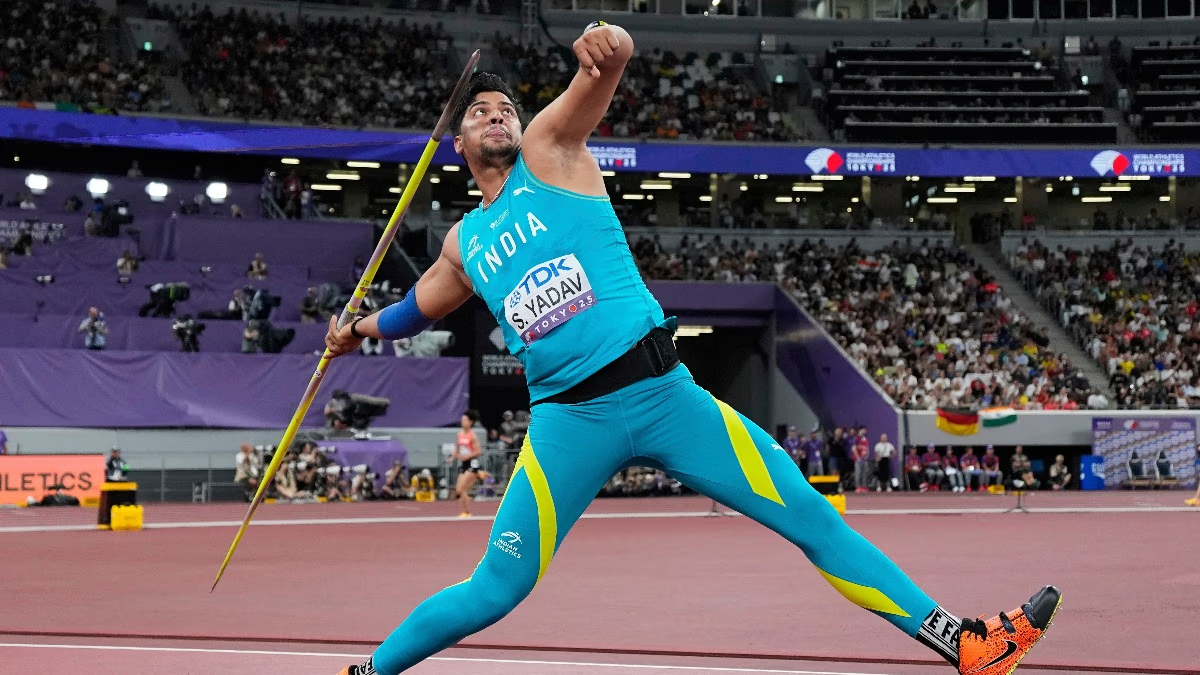The Godfather....
Whenever I think of this title, the image of actor Marlon Brando as Vito Corleone, tenderly stroking a cat in his black suit, springs to mind. Vito Corleone's presence on screen captivated viewers, freezing them to their seats. Even in the dimly lit room, when Vito was speechless, his silence conveyed volumes, thanks to his charismatic and composed personality. Vito believed the true strength lies within family bonds.
Discussing 'The Godfather' 53 years after its release, the film enjoys a re-release in India today.
'The Godfather' is credited with transforming world cinema. Based on a novel by Mario Puzo, this trilogy explores the life, struggles, and family dynamics of mafia don Vito Corleone and his son Michael.
Surprisingly, the term 'Godfather' didn't originate from the criminal underworld but within church circles. In European Catholic societies, a child's baptism involved selecting a guardian, known as the Godfather, tasked with guiding the child morally.
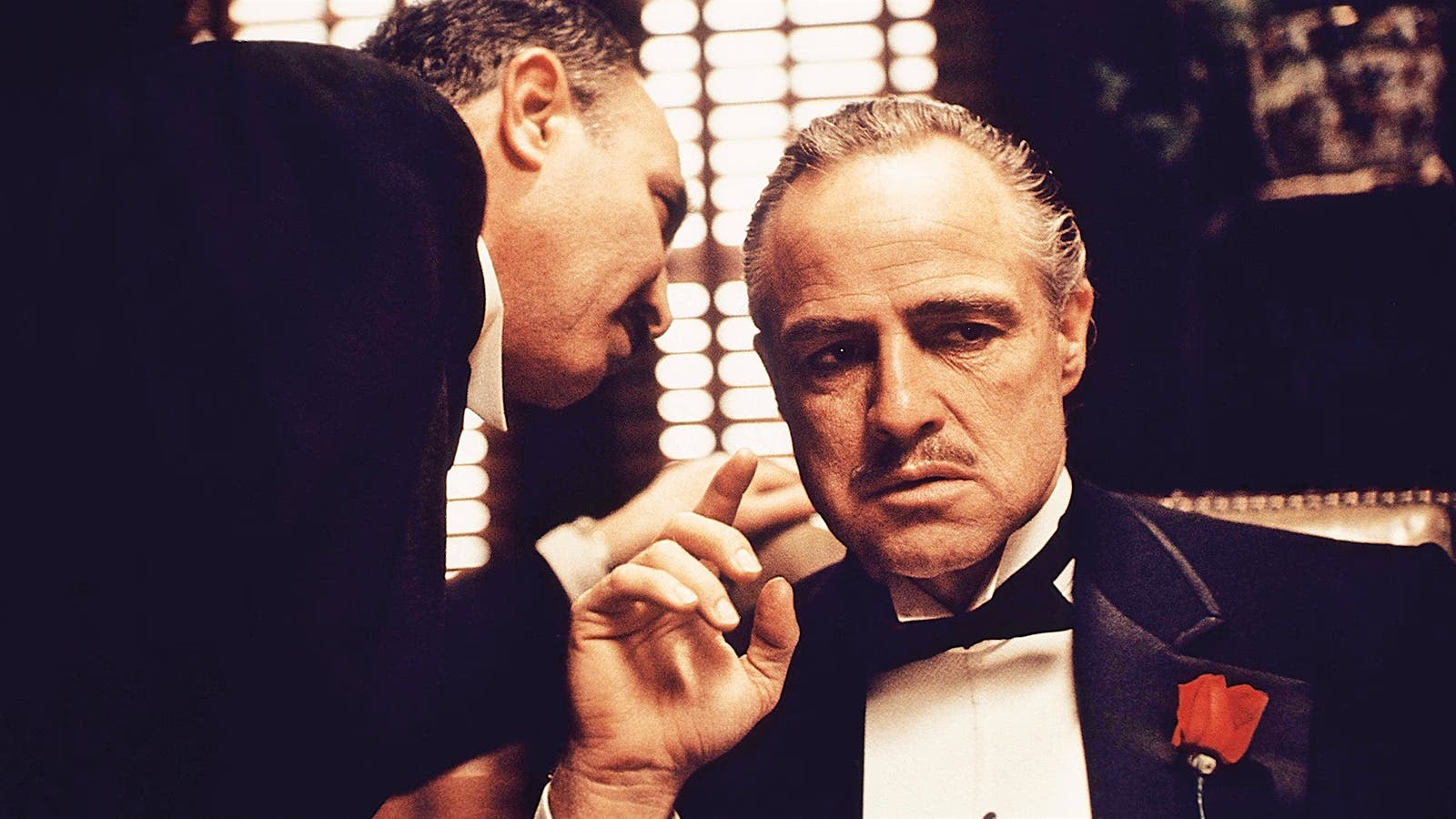
Source: aajtak
However, over time, the term's significance evolved. In early 20th-century America, Italian mafia families began to burgeon. These mafia bosses referred to their gangs as 'families,' and the members addressed their leaders as 'Godfather.' In 1969, writer Mario Puzo reshaped the term with his novel 'The Godfather,' which filmmaker Francis Ford Coppola adapted into a timeless film, embedding the term within global lexicon.
The storyline intricately weaves themes of family, loyalty, power struggles, revenge, and the ethical dilemmas of the mafia world, elevating the gangster genre. The narrative follows the Corleone family's patriarch, Vito, who migrated from Italy to the U.S. as a child, eventually rising as a mafia kingpin through wit and determination. Vito's persona blends tranquility, power, and shrewdness, demanding loyalty in exchange for favors. His dual role as a ruthless business figure and compassionate father makes him a complex and legendary character.
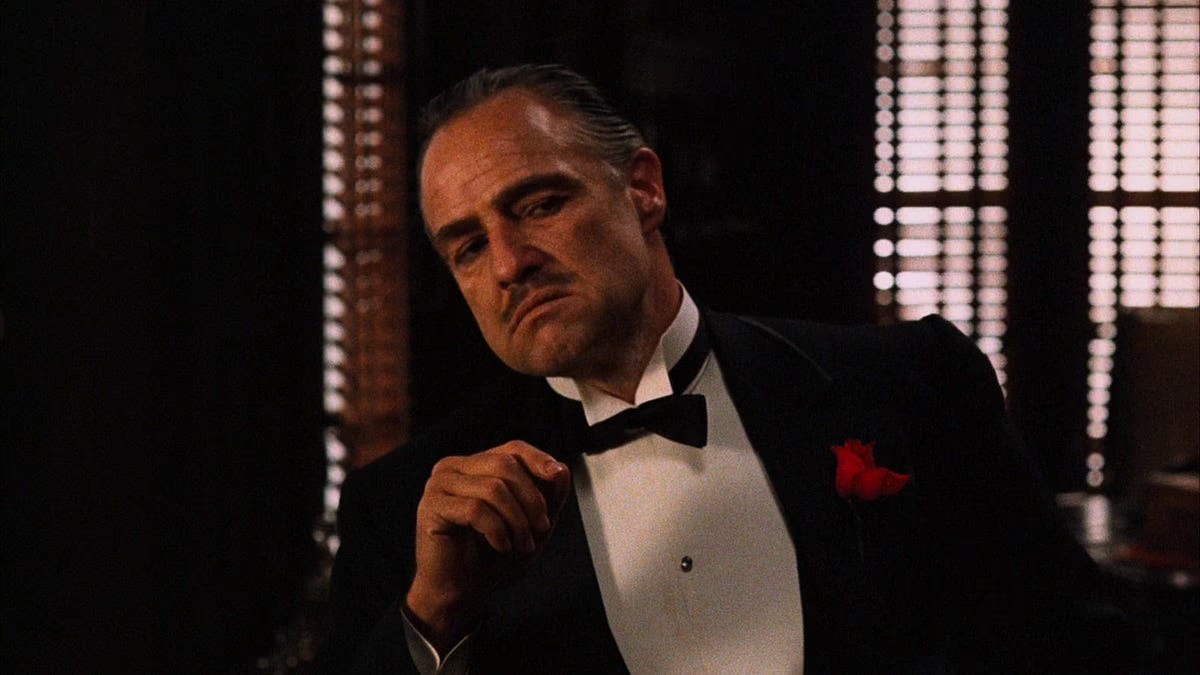
Source: aajtak
'The Godfather' extends beyond crime to probe human values and family’s essence. Vito and Michael’s personas compel reflection on human nature and familial loyalty.
Prior to 'The Godfather', gangster films centered on violence. This movie revealed a dimension where the mafia embodies multifaceted human emotions, traits, and even, surprisingly, family dedication. Vito’s advice to his son, Sonny -
A Man who does not spend time with his family can never be a real man
- underscores this duality, emphasizing the equal weight he placed on family duties.
'The Godfather' reshaped the narrative landscape of gangster cinema by fusing crime with moral complexities. This wasn't a mere exposition of illegal activities but an exploration of the profound priority of familial love. From the opening wedding scene of Vito's daughter, Connie, where guests were welcomed graciously, it’s clear Vito’s criminal endeavors were only one facet of his multifaceted existence. Celebrating birthdays and festivals with the same passion as attending mafia meetings highlighted his dual life.
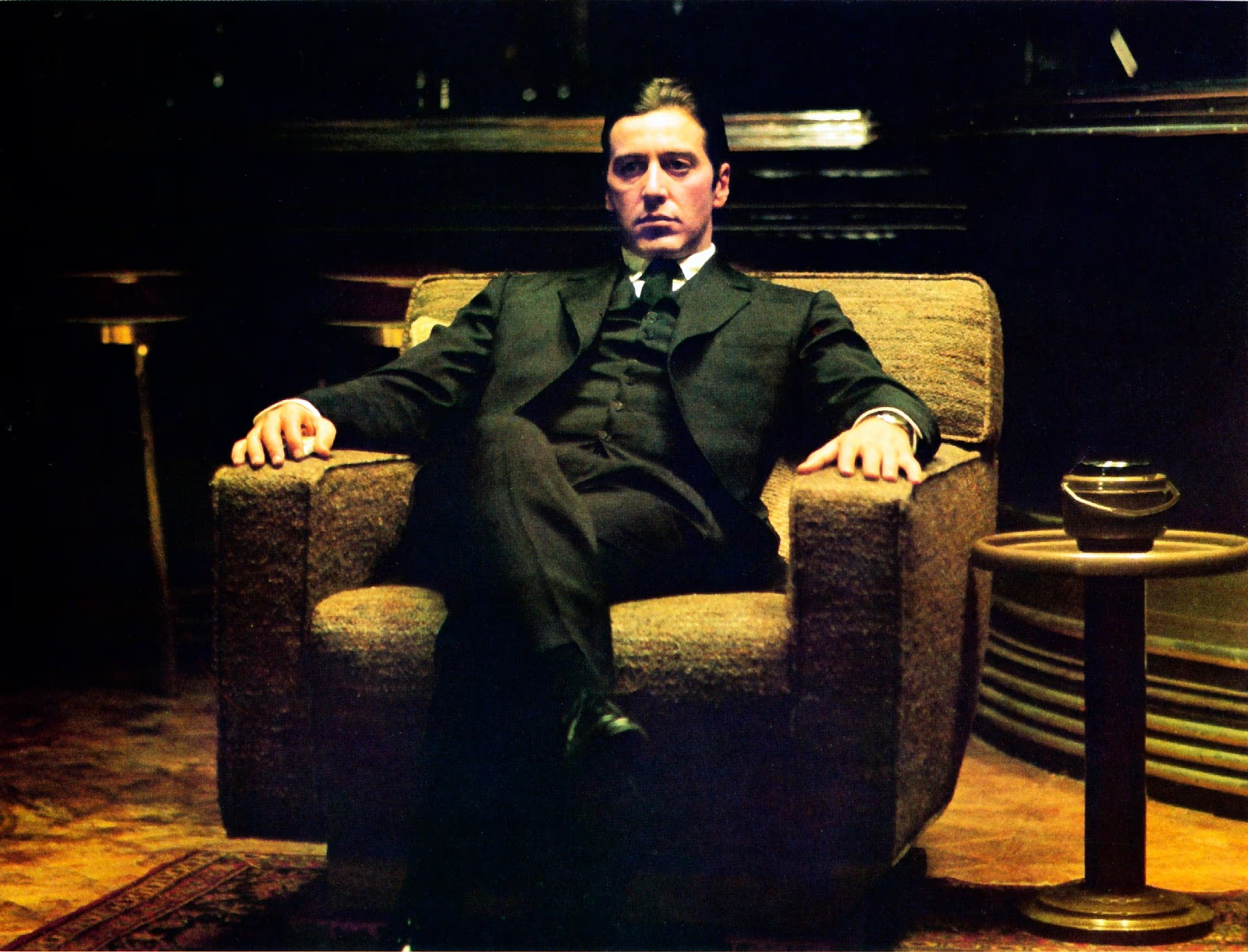
Source: aajtak
Loyalty towers as Vito Corleone’s cardinal value. He demands honesty in every relationship, hoping his associates exhibit familial devotion. Early in the film, when someone pleads for justice, Vito’s response,
you never considered me your Godfather
articulates that Corleone’s empire, while mired in crime, rests on respect and loyalty cemented.
Vito’s entrance into crime stemmed from circumstance. Arriving as a refugee from Italy at nine, he matured into a quiet, hardworking family man. However, after losing his job due to a local thug, he embarks on petty crimes with his friend Clemenza. Yet, when local don Fanucci uproots his livelihood, Vito decides to kill him, marking a pivotal moment in his life.
Vito methodically organized his enterprise, balancing smuggling and gambling while aiding locals, gaining trust. His influence expanded from a tiny neighborhood to New York and beyond, his presence a blend of admiration and trepidation. His criminal life, shaped by circumstances and Sicilian mafia culture, was tailored to his own methods.
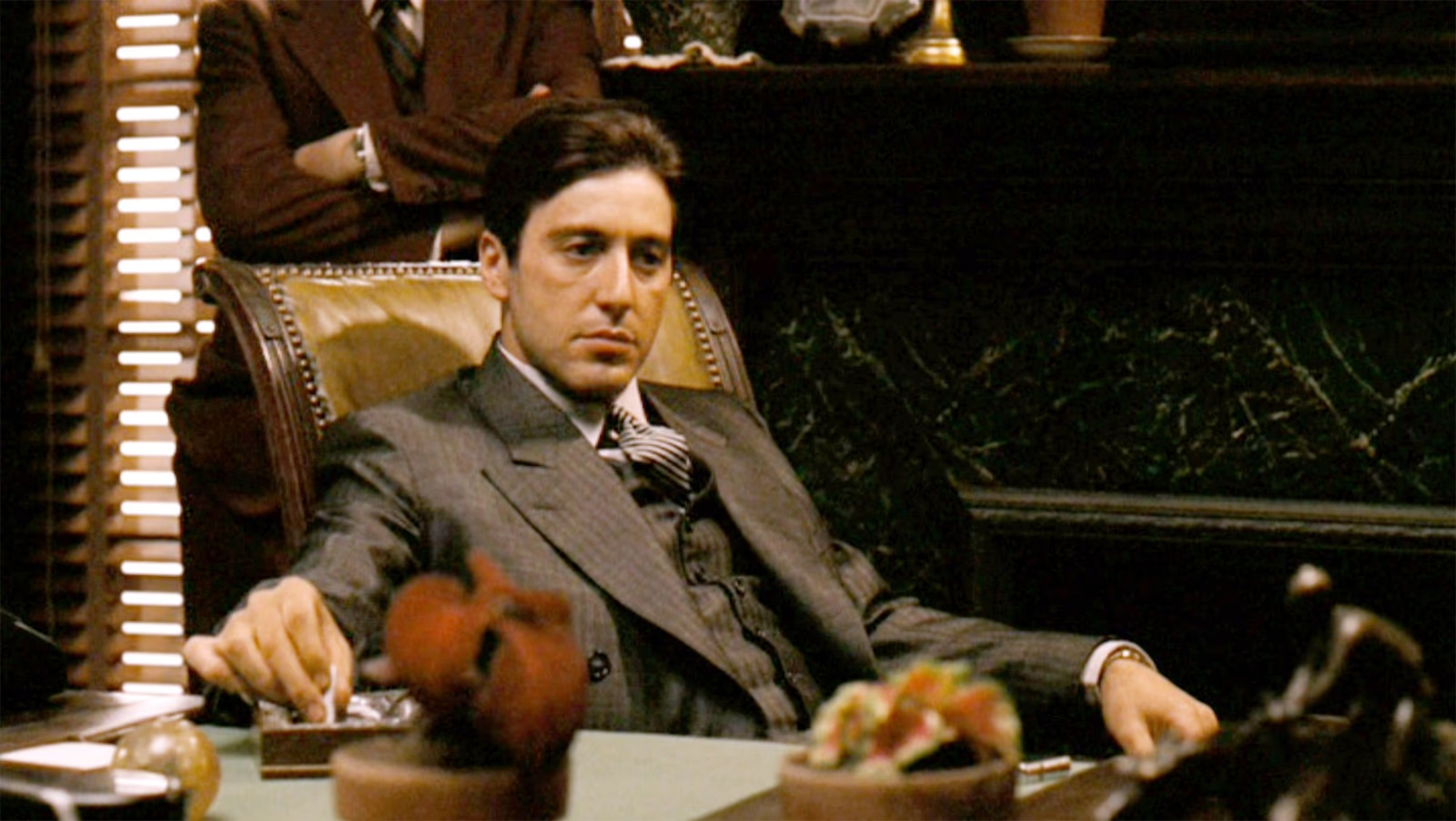
Source: aajtak
Michael's story is the narrative’s greatest tragedy. The youngest Corleone, a war hero, he wishes to distance from crime. However, safeguarding his father draws him back into the criminal abyss he resisted, eventually guiding his moral decline. Initially idealistic and sensitive, Michael’s dive into the crime world strips away these traits, becoming calculating and ruthless. His evolution from ordinary man to Godfather echoes his internal ethical struggles.
Michael, ironically, despite championing ideals, commits his first crime - a double murder. In a crowded restaurant, he kills Sollozzo and McCluskey, marking his moral shift. The narrative intricately balances crime exploration with family values, revealing the complexities of power dynamics clashing within father-son duos.
Vito prioritizes family in his decisions, building his empire on trust, while Michael's obsession with power eventually leaves him with everything but family.
'The Godfather' emerged during a transformative era for Hollywood in the 1970s, as seasoned studio systems crumbled and directors like Coppola, Scorsese, and Spielberg reshaped filmmaking, embracing innovation. Here 'The Godfather' stood, emblematic of this New Hollywood age.
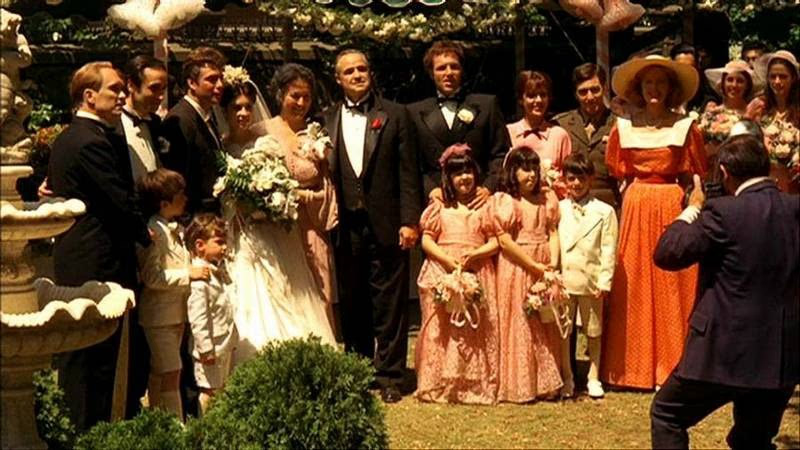
Source: aajtak
Studio Paramount was initially hesitant to cast Brando as Vito, but Coppola's insistence prevailed. Brando, a legendary method actor, brought required gravitas to Vito’s quietude. During auditions, he famously stuffed his cheeks with cotton balls to embody Vito’s speech mannerisms, continuing this method throughout filming. Similarly, Al Pacino wasn’t initially favored for Michael's role, but Coppola’s persistence prevailed.
Symbolism of oranges permeates 'The Godfather.' Their presence signals impending crises. Whenever oranges appear, chaos follows moments later, representing change, deceit, or conflict. One scene depicts Vito buying oranges, foreshadowing an imminent assassination attempt. This motif recurs in each part, underlining looming threats.
Before Vito's death, he is shown playing with oranges with his grandson. Similarly, in the third part, a solitary Michael dies, orange in hand. Coppola masterfully uses this common fruit to layer the narrative.
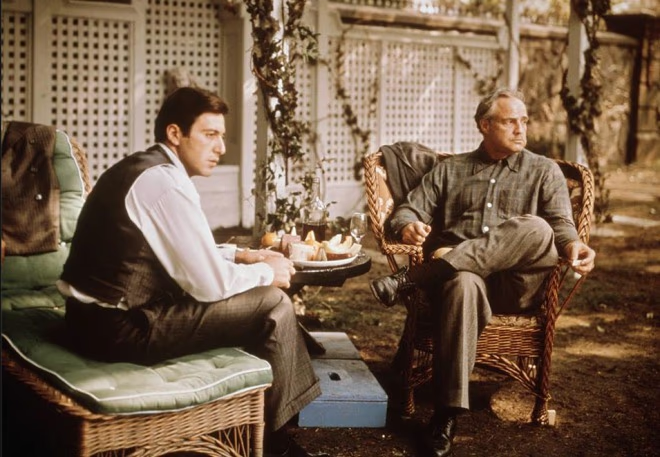
Source: aajtak
The tale unfolds not merely as a mafia family saga but a clash of generational perspectives. Vito, a don from an era dictating mafia rule through respect and relationships instead of fear. For him, power signified negotiation and equilibrium, his crimes humanized through an amiable facade, placing family above all, fostering loyalty through altruism.
Conversely, Michael preferred bullets to banter, often sacrificing relationships and family for preservation of power. He was ruthless toward betrayal, representing how single-minded power pursuits lead to isolation.
For him, dominance meant eradicating opposition.
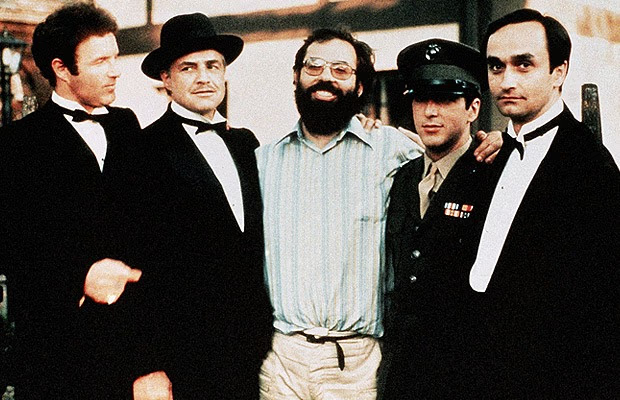
Source: aajtak
Michael, contrasted with his father, downplayed emotions, emphasizing power consolidation over family. Vito, revered until his end, died amidst family, laughing with his grandson in a garden. In stark contrast, Michael’s demise saw him desolate. Family shadows long gone, strained spousal ties severed, and painfully distanced from his children, he succumbed alone in solitude.
'The Godfather' forged a new path for crime-family drama, echoing globally, permeating cinema, especially in countries like India. This cult classic features in acting curricula and students worldwide aspire to part in films of its caliber. It taught violent crime doesn’t singularly define gangster films; human emotions and familial nuances can be interwoven.
'The Godfather' profoundly influenced cinema and pop culture, embedding iconic quotes like
I’m gonna make him an offer he can't refuse
and
Keep your friends close but your enemies closer
into everyday dialogue. Earlier gangster films portrayed mafias solely as villains, but 'The Godfather' infused characters with human complexity, family ties, and emotion, teaching that its narrative core is not merely violence but a layered exploration of family and morality, illustrating sacrifice's cost in boundless power quests.
